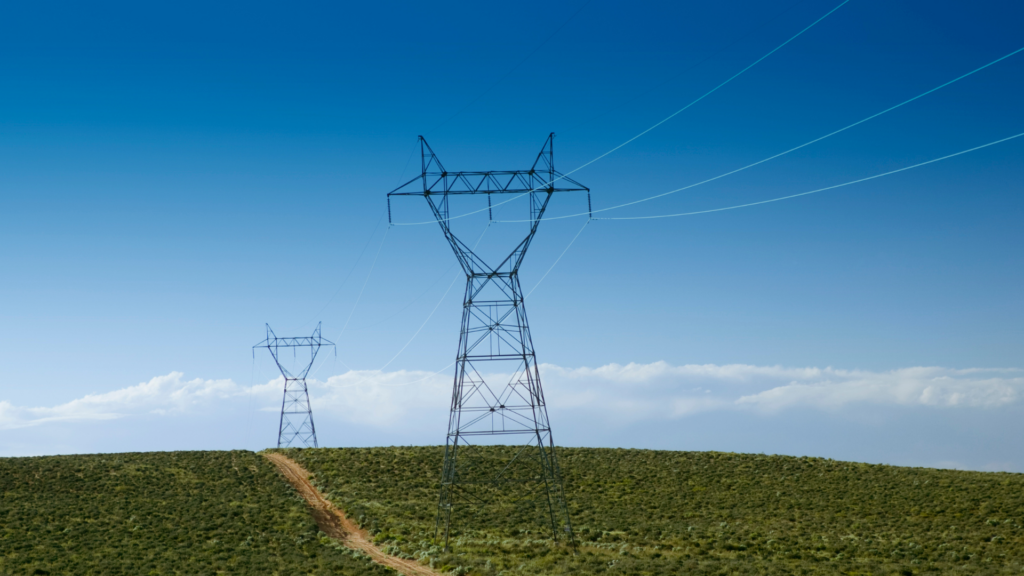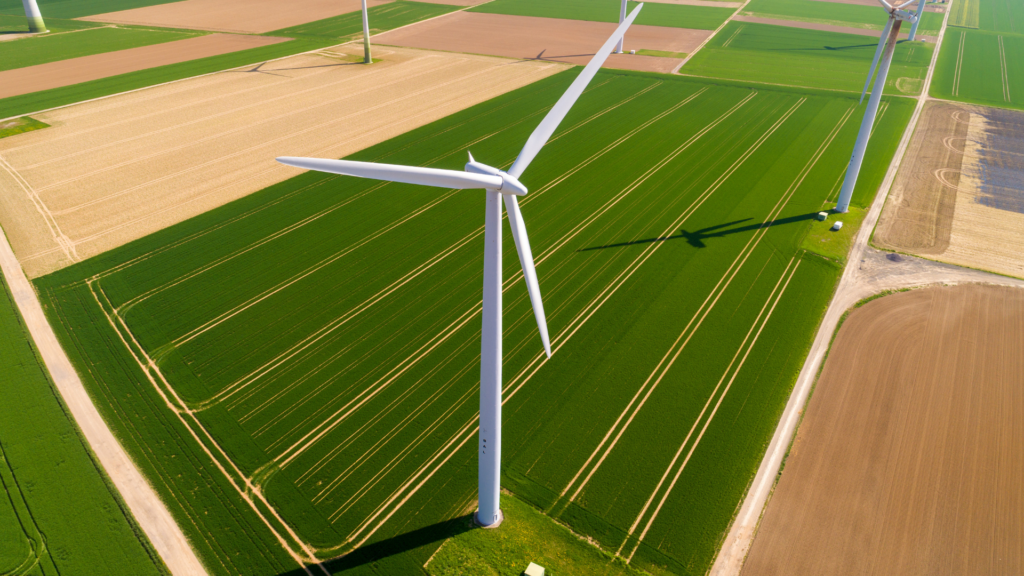10.02.2019 / News
SMARTSPEND: Increase the Efficiency of European Funding for Clean Energy
On the 17 January 2019, SMARTSPEND project partners met in Brussels to kick off SMARTSPEND. Running until December 2021, the 3-year-project will explore how investments in R&D in clean energy can be made in a coordinated way and how they may be increased.
Many energy technologies are trying to answer similar R&D questions. There may be ways to sequence research in different sectors to enable its impact to be increased. SMARTSPEND will report on the synergies in different technologies’ R&D plans, and on the ways that sectors should organise themselves to access EU funding efficiently.

SMARTSPEND will organise a major conference to help innovators in clean energy access risk finance from public and private sources. They need money and connections to scale up. To prepare the conference, SMARTSPEND will report the funding needs and identify possible sources.
The funding that national governments provide directly and the funding they provide indirectly through their contributions to the EU’s R&D budget, has been very useful for the development of clean energy technology, says Greg Arrowsmith, policy advisor at EUREC, SMARTSPEND’s scientific coordinator. This project will engage with governments on their future support.
EASE, together with project partners, expects to promote the development at the national and European level of cross thematic synergies among actors who are interested in bringing new clean energy innovations, including energy storage, to the market. At the end of the project, adequate financial strategies to mobilise investments and complementary funding from private and public actors will be defined.
EASE will lead the “Access to Risk Finance” work programme and contribute to all other activities. The mission of the programme is to provide more and better design of public support for energy technology R&I, with a focus on national support. The project has two pillars: under the synergy one, partners will bring all the non-nuclear energy sectors together for a focused discussion on their common interests around technology development and non-technological barriers to the uptake of their technologies. Under the financial strategies pillar, energy sector stakeholders will be invited to discuss their common needs for financing, and compare the way in which each federates its European energy R&I interest and presents it to the European Commission.
SMARTSPEND’s partners were chosen because of their links to companies and research centres in particular clean energy fields. This will allow the results of the project to be disseminated widely, including: analysis of industry funding needs; a map of funding instruments for energy innovation; recommendations for alternative models of sectoral organisation at EU level, and recommendations on supporting innovation in energy technology.
SMARTSPEND partners and sectors:
EUREC - The Association of European Renewable Energy Research Centres: scientific coordinator
CIRCE Foundation - Centre of Research for Energy Resources and Consumption: process industry
EASE - European Association for Storage of Energy: energy storage
ECTP - European Construction Technology Platform: energy-efficient buildings and construction
EGEC - European Geothermal Energy Council: geothermal energy
EMIRI - Energy Materials Industrial Research Initiative: advanced materials for clean energy and clean mobility technologies
ESTELA - European Solar Thermal Electricity Association: Concentrated Solar Power
Ocean Energy Europe: Ocean Energy
The German Agency for Renewable Resources – FNR: bioenergy
WIP Renewable Energies: photovoltaics
ZABALA Innovation Consulting: smart energy networks




